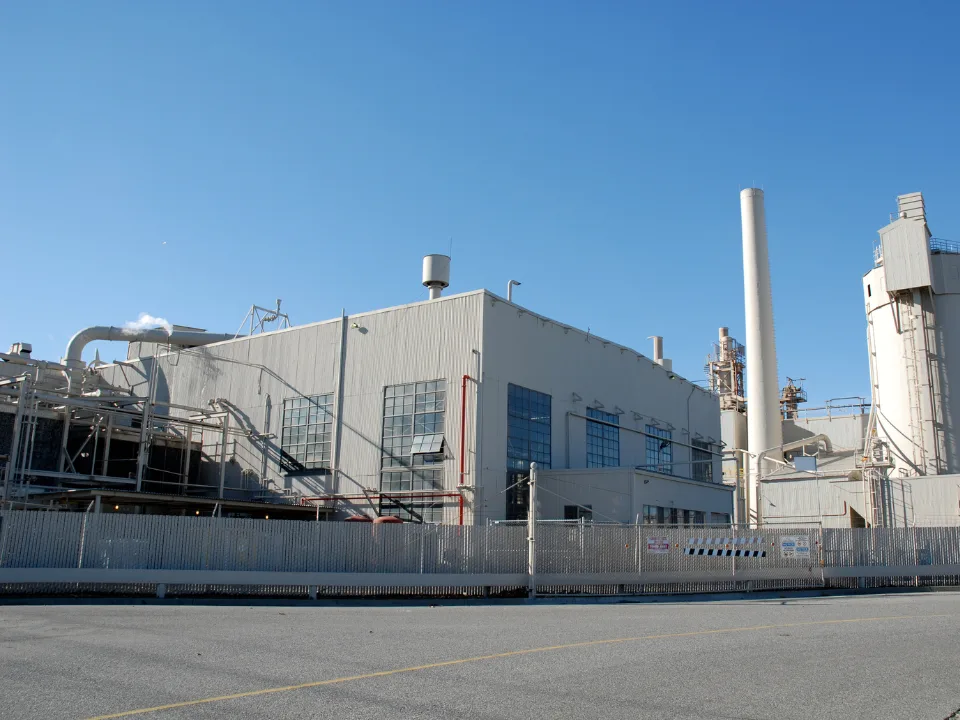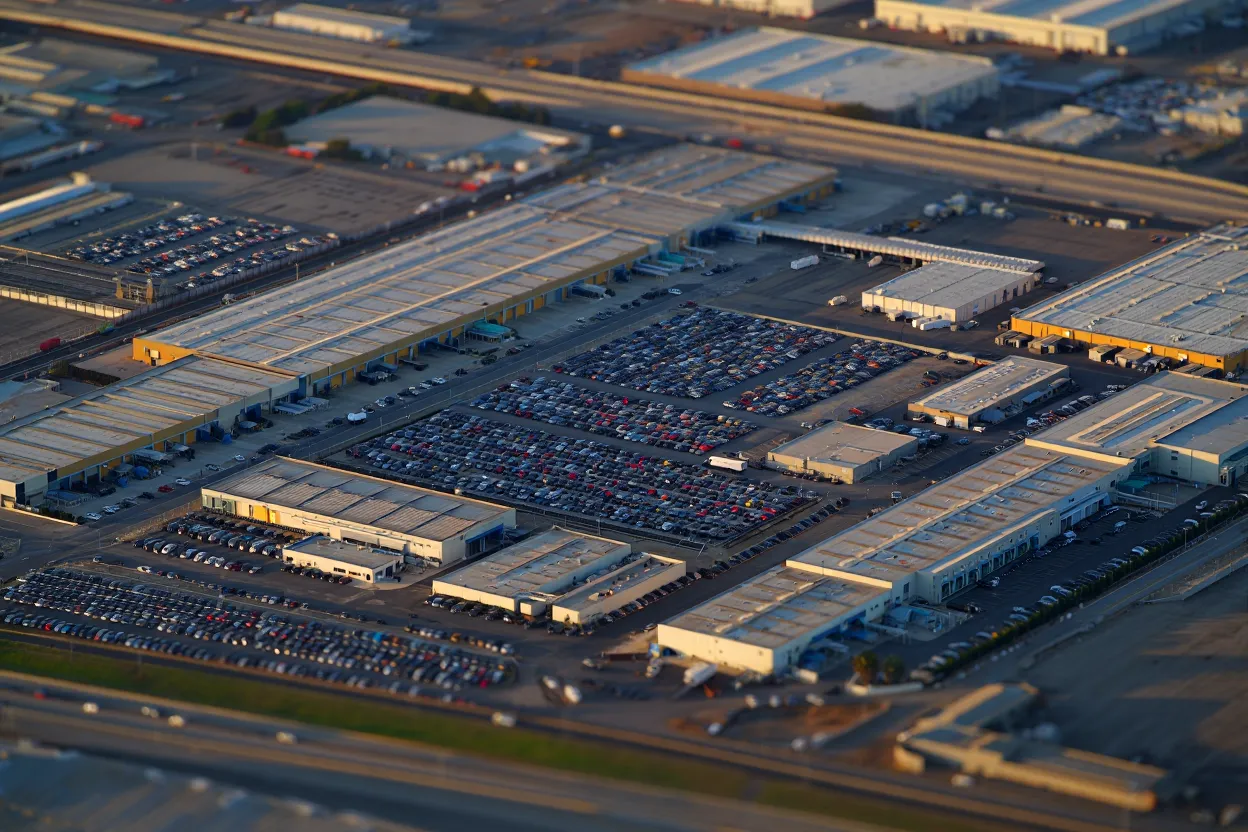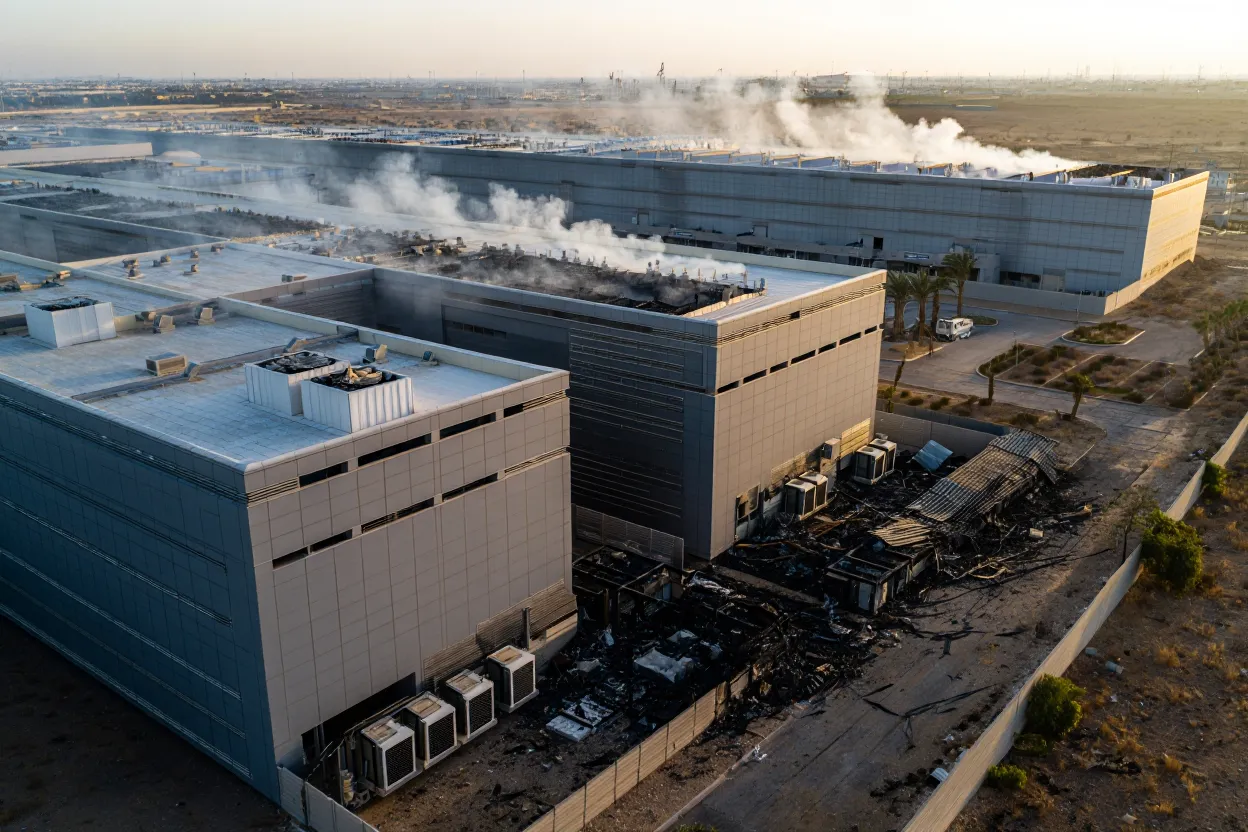- Blackstone closed a $718M deal for a 6M SF industrial portfolio from Dallas-based Crow Holdings, paying roughly $120 PSF.
- The acquisition spans 25 buildings in Dallas, Houston, and Chicago, with Blackstone taking a 95% stake, while Crow and its partners retain 5%.
- The deal comes amid tariff uncertainty, but Blackstone believes higher construction costs could limit new supply and boost industrial asset values.
- While Blackstone is expanding in core US logistics markets, it’s also selling off more than $1B in industrial assets in South Florida through Link Logistics.
Betting on Industrial Amid Tariff Talk
According to the Real Deal, Blackstone, the world’s largest alternative asset manager, has acquired a major industrial portfolio from Crow Holdings for $718M. The deal gives Blackstone control of 25 industrial buildings totaling 6M SF across Dallas, Houston, and Chicago—three of the country’s most active logistics markets.
The acquisition price breaks down to approximately $120 PSF, a slight discount compared to the $129 average for recent Dallas-Fort Worth (DFW) industrial sales, per CBRE and CoStar Capital Market Analytics.
Strategic Contrasts: Buying in the Heartland, Selling in South Florida
While Blackstone is doubling down on the industrial Midwest and Texas, it’s taking a different approach in Florida. Partnering with Link Logistics, the firm has offloaded more than $1B in industrial properties in Miami-Dade, Broward, and Palm Beach counties since late 2024.
This dual strategy—acquiring in key inland logistics hubs while exiting coastal markets—highlights a reallocation of industrial bets amid changing economic conditions.
Get Smarter about what matters in CRE
Stay ahead of trends in commercial real estate with CRE Daily – the free newsletter delivering everything you need to start your day in just 5-minutes
A Tariff-Fueled Tailwind
Though Blackstone COO Jon Gray recently noted that tariff pressure could slow real estate momentum, CEO Stephen Schwarzman pointed out a potential silver lining. Rising tariffs may increase construction costs, limiting new supply and strengthening existing industrial asset values.
The DFW industrial market appears to support that thesis. It led the nation in net industrial space absorption in Q1 2025, adding over 4M SF, according to CBRE. Though the region’s 9.1% vacancy rate sits above the national average of 6.3%, robust leasing and a strong development pipeline (11.1M SF) signal continued confidence in demand.
Why It Matters
With tariff risks looming and construction costs climbing, investors may favor stabilized industrial assets in high-demand metros. Blackstone’s latest move underscores confidence in long-term logistics fundamentals—even as it trims its footprint in select coastal markets.
What’s Next
As global supply chains evolve and development costs rise, industrial real estate is likely to remain a favored asset class. Expect more institutional capital to flow toward logistics properties in central US markets with strong absorption metrics and solid infrastructure advantages.
















